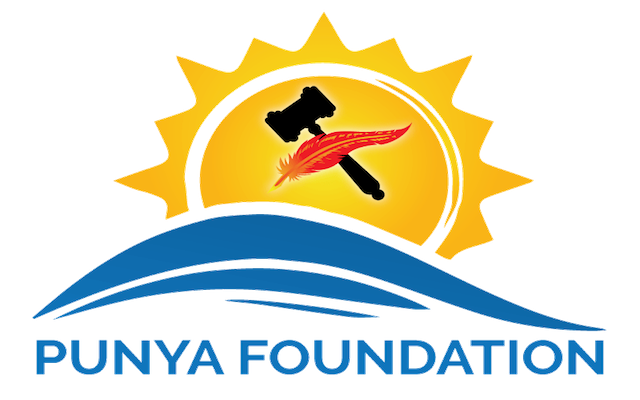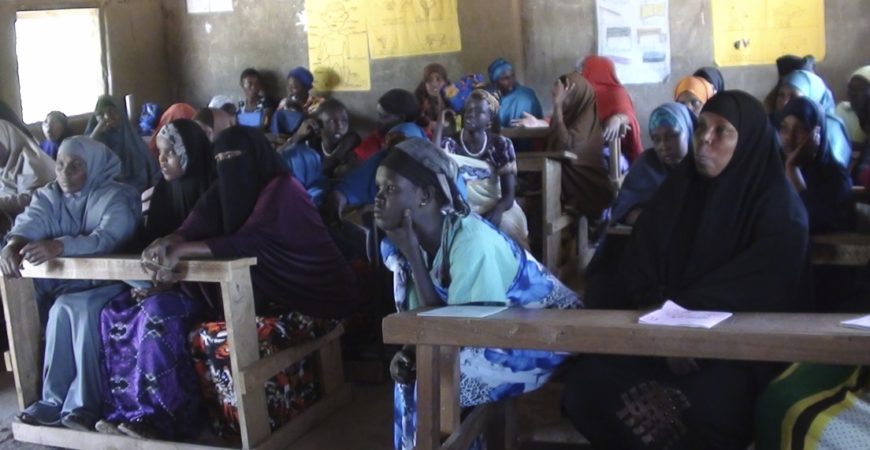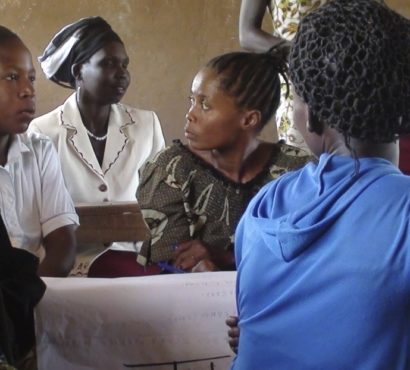Program: Empowerment program for women victims of rape and other forms of gender based violence (GBV)-Kenya, Africa.
Report: Qaabata Boru
Contribution: Lakshmi Prasad Dhakal
Sponsor: Punya Foundation
Implementing Partner: KANERE media, Refugee Free Press, Kakuma Refugee Camp, Turkana District, Kenya
Venue: Kakuma Refugee Camp, Kakuma, Kenya.
Date: 20th October 2012
Background: Kakuma refugee camp located in Kenya, Africa was established in 1991. During the early stages of its inception, it was designed to accommodate Sudanese refugees fleeing conflict and violence’s. The first lots of refugees resettled here are popularly known as the ‘lost boys and girls’. Over years, the camp has expanded and has become house to refugees from: South Sudan, Sudan, Somalia, Ethiopia, DRC Congo, Burundi, Rwanda, Uganda, Tanzania, Eritrea, Darfur, Cote d’Ivorie and Iran. These refugees were fleeing their homes in search of safety due to civil war and many are derivatives of politically triggered violence across east and horn of Africa.
United Nations High Commissioner for Refugees (UNHCR) administers the Kakuma refugee camp. The camps fall under the jurisdiction of Kenyan government and since the adoption of Kenyan Refugee Act in 2006; the Department of Refugee Affairs controls the camps.
Refugees live in temporal shelters made of mud bricks; thatched grass roof or UNHCR provided plastic bags. During rainy seasons, the mud walls get washed away, while during dry spells fire breakouts destroy the camps. Life in Kakuma refugee camp is described as a hostage life. Camp residents feel themselves prisoners, where due to lack of opportunities children age to manhood while men grow old. Though harsh, the refugees in Kakuma live in a small community and groups that provides symbolic company and way of life. They still hope better life and support from the international community.
Human rights and violence directed to women: Violence against women is a common day phenomenon In the Kakuma refugee camps. Firstly, women have lower status in the society. Secondly, girls never get priority to go to schools and they can’t express their views. More importantly, there is a culture of acceptance that women maintain lower place in social hierarchy.
At the same time, issues of women and gender have been neglected by humanitarian operations. Addressing of issues pertaining to rape and other forms of GBV are not adequately handled to give protection to women. The existence of legal mechanisms to protect women against rape and GBV in the refugee camps serves only the bureaucratic purposes. There are no easy and accessible official mechanisms for a victim of rape and sexual assault to appeal against violence that they encounter. The fate of women in this camp is beyond imagination due to the fact that different forms of sexual abuses and rape are used to silence women. Women fear to speak this horror. Punya Foundation stepped in to the Kakuma refugee camp with an empowerment program to assist the victims of rape and gender based violence. This is the Foundation’s first program in Africa.
Objectives of the Program:
- The program was intended to analyse the situation of rape victims and victims of gender base violence and to increase awareness on rights of women in general.
- The program focused on providing avenue and to encourage the victims to ventilate their sufferings – focusing on psychosocial problems.
- The program was aimed at isolating local means and mechanisms for the safety of women while in danger.
- To look for sustainable means and approaches to increase women capacity through other empowerment program in Kenya.
Nature of the Program/modality:
- Home to home visit was done to collect data on incidents of rape and GBV in Kakuma refugee camps. The types of violence suffered were registered.
- Discussion was done with focus group and with women leaders to plan and organise the awareness-raising program.
- Based on the intention of the participants, the program was organised coinciding one of the local festivals. This to give moral support and also to increase the participation.
- Facilitators from the local areas with expertise in women rights, media and awareness, and women focal points facilitated the program.
- Victims of rape and GBV from different countries participated in the program – interaction, plenary, discussion, questions and brainstorming sessions.
Out come of the program
- It is the first program of type in the Kakuma refugee camp and it managed to collect preliminary data on incidence of rape and GBV in the Kakuma camp.
- The program managed to identify the common causes of violence and the perpetrators to plan for future programs.
- The program gave opportunity to the victims of rape and GBV to air their views freely in safe and environment of trust.
- The program managed to create an avenue that victims of GBV knew of rescue centres and hotlines at the hour of need.
- During the brain storming session, the wishes and interests of the victims are collected to consider while planning future programs.
Evaluation and expectations: Punya Foundation’s first empowerment program in Africa concluded with enormous enthusiasm. The participants expressed gratitude and they found the program very useful. The program gave the participants an opportunity to meet other victims and to hear their versions. Tips and tricks that came up during the brain storming sessions and during plenary discussions were found very helpful to escape such violence. Information on rescue modalities during the hours of need is also evaluated very useful. The participants and our local implementing partner wish for the similar programs and on top vocational programs in the future.


